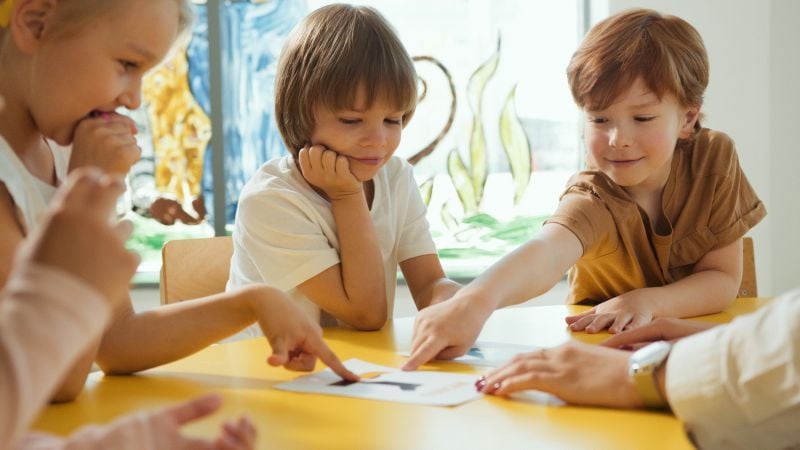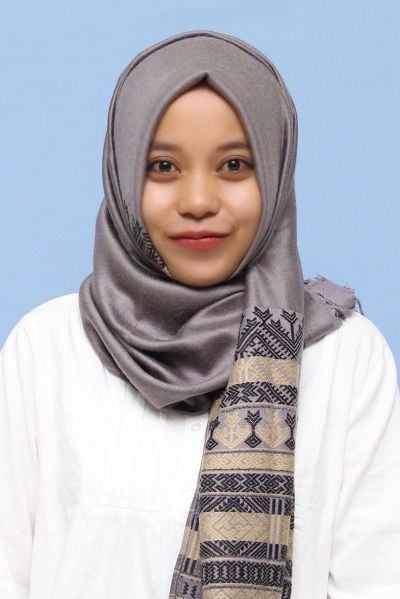
www.unesa.ac.id
Unesa.ac.id, SURABAYA-The development of education in Indonesia cannot be separated from the influence of globalization, glocalization and globalization. This was stated by a PG PAUD Lecturer at the State University of Surabaya (UNESA) on May 2, 2022. These three things are closely related to economic and social problems that occur in society.
According to him, globalization is a process of transforming time and place in various parts of the world to become closer and as if not far apart. Globalization is the impact of modernization with the increase in internet technology. Apart from being able to close the distance, it also raises local values as social identity in global interactions.
"Universal globalization has led us to a local identity so that what we usually call glocalization appears," he said.

He explained, there are several forms of globalization in Indonesian education; 1) the existence of an international Cambridge or Cambridge curriculum with the aim of creating a generation that is ready to compete in the global arena. 2) the montessori method is a method of education for children based on the theory of child development from Dr. Maria Montessori, an educator from Italy in the late 19th and early 20th centuries. This method is widely applied in Indonesia, especially at the preschool and elementary school levels.
Then, 3) ease of accessing educational information. Electronic books or e-books can now be downloaded and read directly without having to print them first, thus saving paper usage. And, 4) the increasing quality of education, as a result of the rapid flow of globalization, the learning method that was originally simple has now turned into a technology-based education method. Advances in increasingly sophisticated technology turned out to have a positive impact on improving the quality of education.
"Globalization is not without risks, if it is not responded wisely, it can uproot educational institutions in Indonesia from the roots of our own traditions and make us lose our identity," said the woman who is also an education observer.
In contrast to the first, glocalization emphasizes the mixing of cultures as a result of globalization and production that cannot be reduced to a dichotomy as local and global culture. Glocalization exists to create a unification between global culture and local culture to overcome homogenization.
The important elements in a glocalization are the recognition of the plurality of society; there is an acknowledgment of local wisdom owned by the community; the existence of interrelationships between elements of society; and there is an acknowledgment of the creation of commodities from the community as stated by one of the experts, Robetson. Globalization and glocalization are expected to go hand in hand in order to continue to realize rationality in the life of modern society.
The form of glocalization can be seen from the application of the Cambridge curriculum in elementary schools. The case in Indonesia does not only use this, but still uses the 2013 curriculum by prioritizing culture. Then, there is also the transformation of Islamic boarding schools as typical institutions of Islamic education in Indonesia into modern boarding schools. "In addition, it can also be seen that many educational institutions are flocking to apply for international accreditation," he said.
He continued, globalization is an 'imperialistic ambition' of countries, companies, organizations, and the like to impose their products in various geographic areas as stated by Ritzer. This process aims to overwhelm local communities, and the end goal is to see profits grow through unilateral homogenization, thus achieving “globalization”.
In the midst of the three 'currents', there are several things that can be done for education, including; First, improve the quality of educators. National education must pay attention to developments that occur internationally. So the study of teacher competence must include several competencies, including: a) Educators have a commitment to students. b) Educators master the learning material. c) Educators are responsible for managing and monitoring student learning.
Second, the formation or change of attitudes or values. To anticipate a global future and the rapid flow of information, the main task of educators is the formation of values ��and attitudes that are in accordance with the noble values ��that underlie Indonesian personality. Third, the development of educational facilities. Fourth, cultural development. Fifth, diffusion in the education system. [UNESA PR]
Author: Kartika Rinakit Adhe, S.Pd., M.Pd., and Adaptation of the Public Relations Team
Editor: @zam*
photo : Photo by Artem Podrez from Pexels
Share It On:






